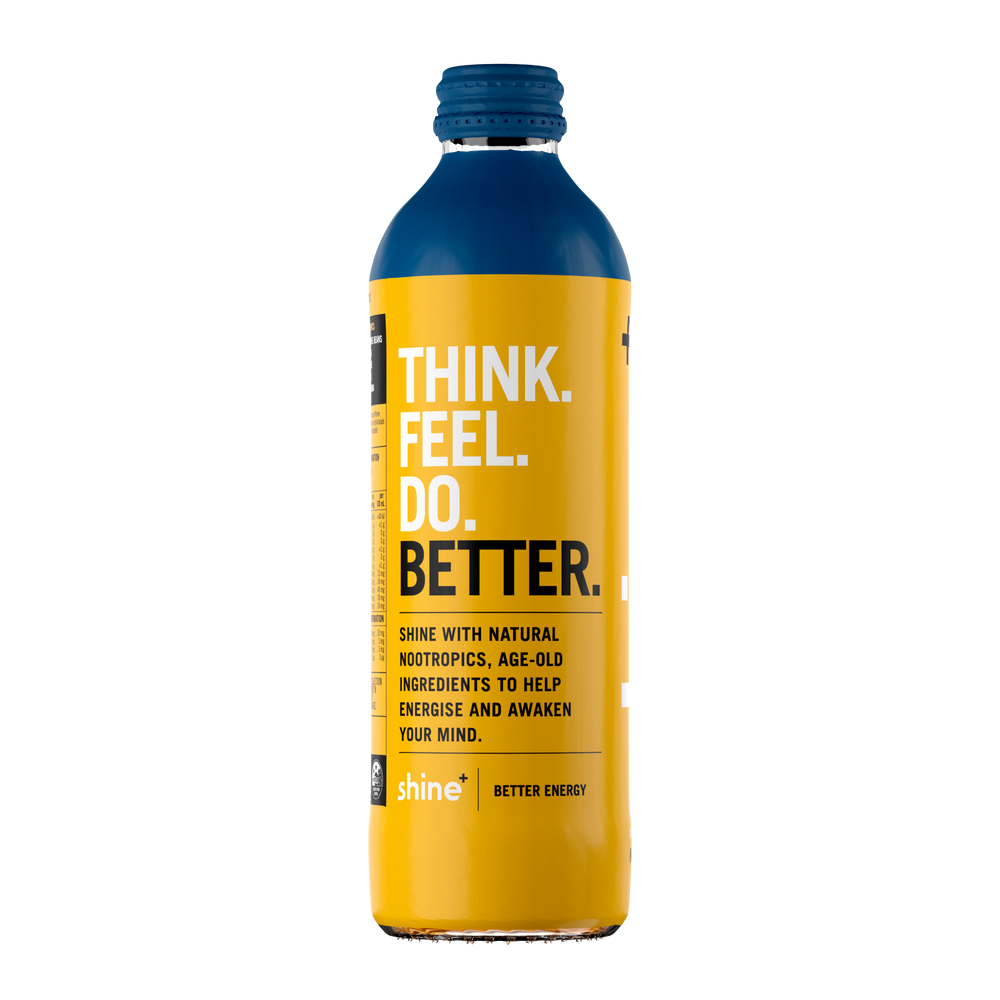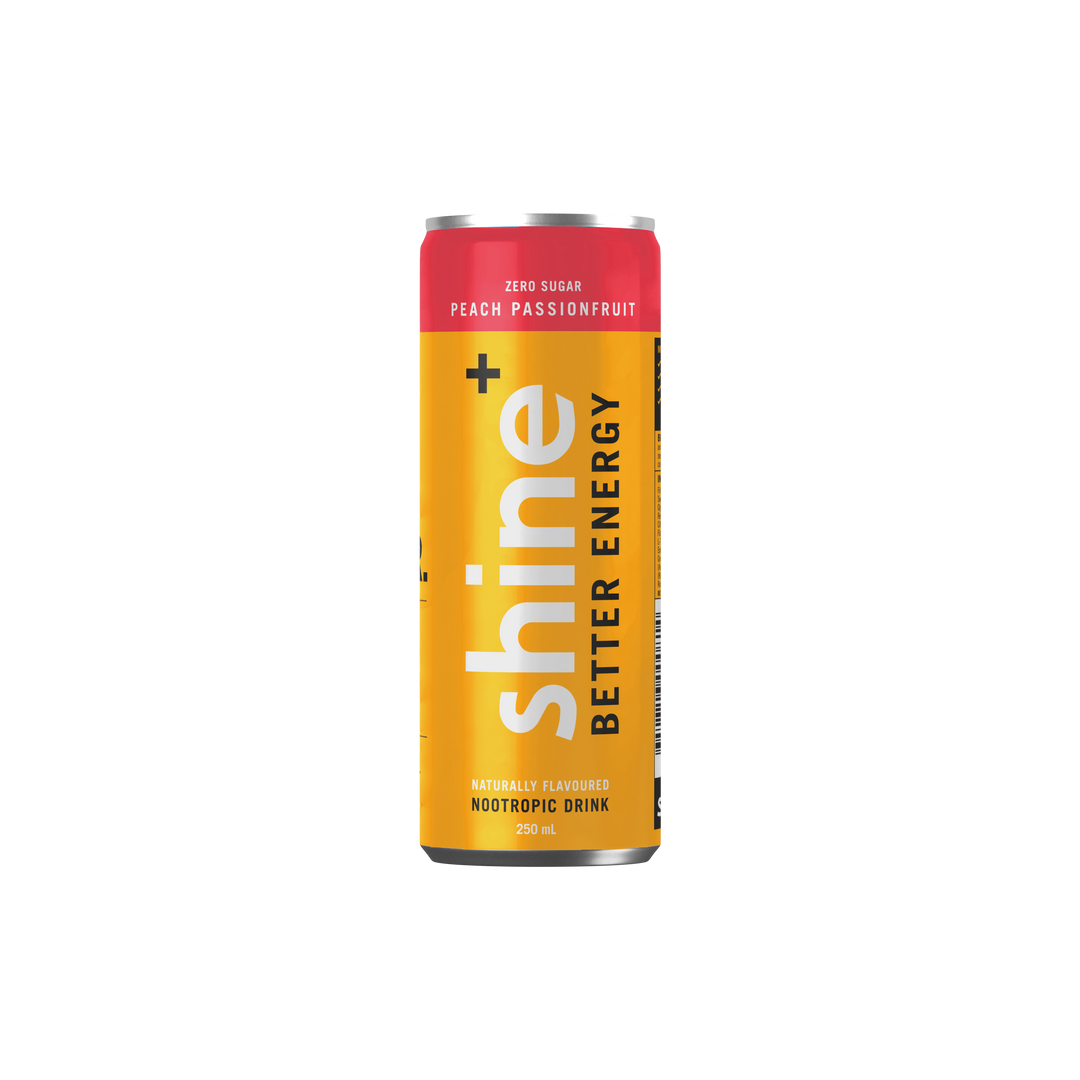HOW MINDFULNESS CAN HELP YOU GET AHEAD
Mindfulness has gained a strong following over the last decade and continues to grow. For starters, what is mindfulness? A Perspectives on Psychological Science study described it as "the non-judgmental awareness of experiences in the present moment." Mindfulness has ancient roots stemming from Buddhism but if you think about it, most religions over the course of history have had some sort of prayer or meditation strategy to direct our thoughts towards an appreciation of the moment and a larger perspective on life. Research has shown that mindfulness is beneficial for many aspects of our lives, from disease to sleep, to controlling our emotions. Whether you are a student studying to get that dream graduate job, an athlete trying to get to the next level or entrepreneur preparing a pitch to investors, practising mindfulness is a key component for getting ahead of your competitors and according to Harvard, a key element of happiness.

1) It’s proven to reduce stress
According to the Journal of Health Psychology, mindfulness is not only associated with feeling less stressed, it's also linked with decreased levels of the stress hormone cortisol. Actively managing your stress levels will help you maintain a high level of functioning in achievement – no matter what your job or goal is.
2) It can improve your brain function & memory
Researchers from the University of California found that students who practised mindfulness performed better with verbal reasoning and improved their working memories. In their own words: "Our results suggest that cultivating mindfulness is an effective and efficient technique for improving cognitive function, with wide reaching consequences". Paired with the brain boosting effects of Shine+, you’ll be at optimal levels.
3) It makes you a better, more likeable person
According to the Journal of Psychological Science, it can make us more compassionate people. Additionally, studies from Harvard found that mindfulness is linked with more honourable behaviour and higher moral standards. Whether you want to nail a graduate job, lock-in a sponsorship deal or investment backing, improving your personal brand and likeability will get you a step-closer to sealing the deal.
4) It changes your brain to protect you
University of Oregon researchers found that mindfulness can actually result in brain changes that may be protective against mental illness and poor mental states. Mindfulness was linked with increased signalling connections in the brain, something called axonal density, as well as increased protective tissue (myelin) around the axons in the anterior cingulate brain region.
5) It boosts your immune system
People like us who want the competitive edge don’t have time to have days off during cold & flu season – you have to be at the top of your game always. Researchers from the University of Wisconsin School of Medicine and Health found that people who engage in the mindfulness miss fewer days of work from minor respiratory infections, and also have a shortened duration and severity of symptoms.
6) It helps you sleep better
A University of Utah study found that mindfulness training not only helps us better control our emotions and moods, but it can also help us sleep better at night. Study researcher Holly Rau said, “People who reported higher levels of mindfulness described better control over their emotions and behaviours during the day. In addition, higher mindfulness was associated with lower activation at bedtime, which could have benefits for sleep quality and future ability to manage stress".

So how can you practise mindfulness? I’ll let Harvard run you through it:
“In mindfulness meditation, once you establish concentration, you observe the flow of inner thoughts, emotions, and bodily sensations without judging them as good or bad. Pay attention. You also notice external sensations such as sounds, sights, and touch that make up your moment-to-moment experience.” There is more than one way to practice mindfulness. Here are a Harvard’s top techniques:
Basic mindfulness meditation - Sit quietly and focus on your natural breathing or on a word or “mantra” that you repeat silently. Allow thoughts to come and go without judgment and return to your focus on breath or mantra.
Body sensations - Notice subtle body sensations such as an itch without letting it phase you or divert your attention. Let them pass. Notice each part of your body in succession from head to toe.
Sensory - Notice sights, sounds, smells, tastes, and touches. Name them “sight,” “sound,” “smell,” “taste,” or “touch” without judgment and let them go.
Emotions - Accept the presence of the emotions without judgment and let them go. Practice a steady and relaxed naming of emotions: “joy,” “anger,” “frustration.”
Urge surfing - Cope with cravings (for addictive substances or behaviours) and allow them to pass. Notice how your body feels as the craving enters. Replace the wish for the craving to go away with the certain knowledge that it will subside.
So there you go – if you want to get ahead, whatever it may be for, everything counts and mindfulness is definitely going to give you that extra edge.
WORDS BY MILLY COLLISON
http://www.helpguide.org/harvard/benefits-of-mindfulness.htm










